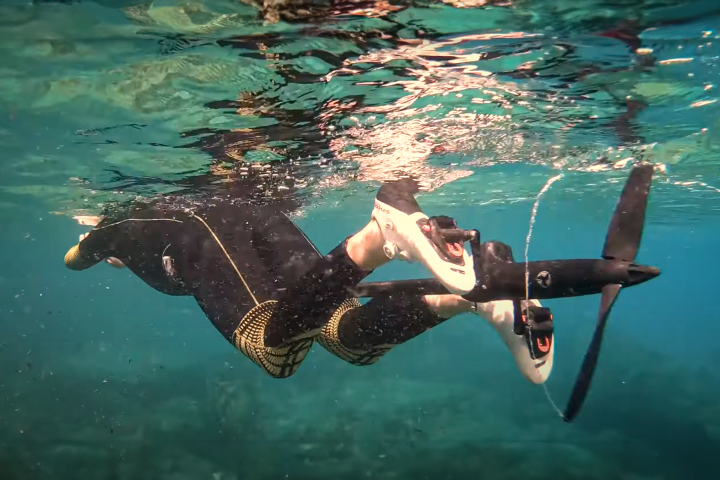Patients recovering from strokes are often released from the hospital with exercises to do, in order to recover full function of their arm/hand. The problem is, doing those exercises alone and at home, they may not even know if they start doing them incorrectly. That's why a team of scientists in the UK is creating an electronic sleeve-based system, that ensures everything is getting done right.
Being developed by scientists at the University of Southampton and Imperial College London, the M-Mark system consists of a sleeve containing multiple sensors, wirelessly linked to a tablet running a dedicated app. That app guides users through a series of exercises, while analyzing data transmitted by the sleeve.
Along with an inertial measurement unit (IMU) combining accelerometers, gyroscopes and magnetometers, the sleeve also incorporates mechanomyography (MMG) sensors. Functioning not unlike microphones, these detect vibrations made by contracting muscles.
Through a combination of the IMU and MMG readings, the app can not only tell if the right muscles are being used in the right way at the right time, but it can additionally track the patient's progress over time. This means that it could also be accessed remotely by therapists, allowing them to check how their patients are doing, without having to bring them in for an in-person assessment.
"We hope that our sleeve will help stroke patients regain the use of their arm and hand, reduce time spent with therapists and allow them to have the recommended 45 minutes daily therapy more flexibly," says study leader Prof. Jane Burridge, of Southampton. "It will also be used to assess patients' problems accurately as well as more cheaply and practically than using laboratory-based technologies."
Source: University of Southampton




